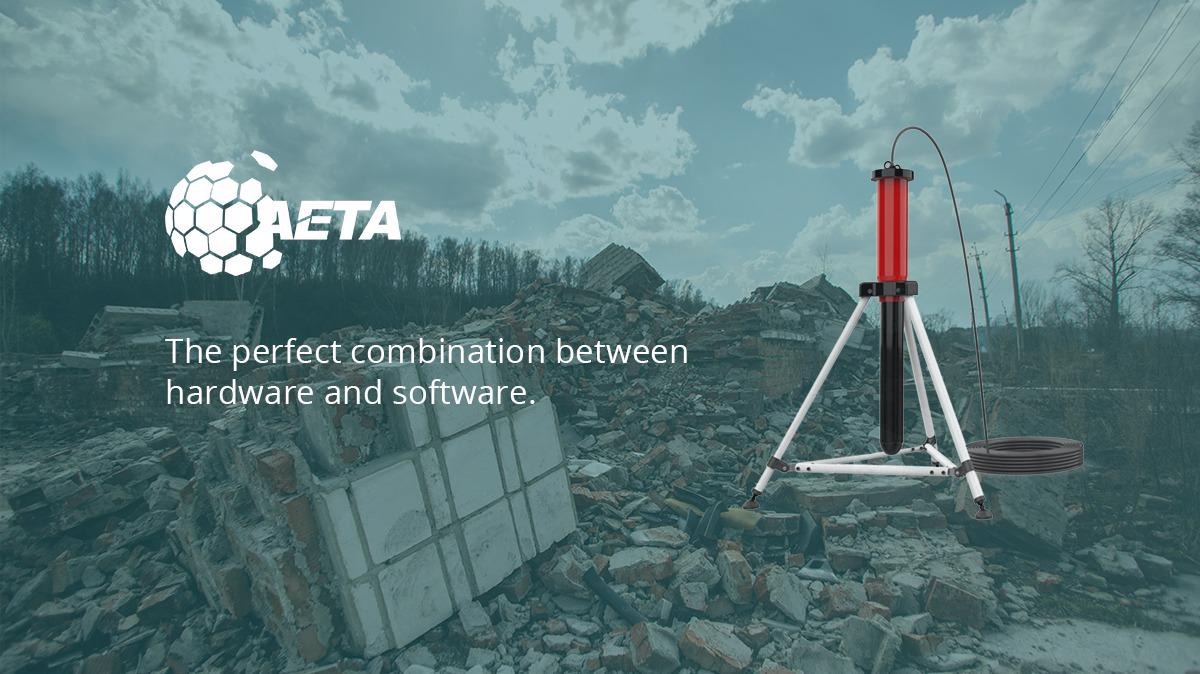Feb 8 2021
Recently, a research team from Peking University began working on a system designed to forecast earthquakes days before they occur with promisingly accurate results. People have begun moving into the digital world of harnessing big data and training AI to greatly assist mankind.
 AETA - Earthquake Forecasting System. Image Credit: AETA
AETA - Earthquake Forecasting System. Image Credit: AETA
The research team has named this project AETA, which stands for 'Acoustic Electromagnetic To AI'. The team embarked on this mission from 2010, after two devastating earthquakes hit Sichuan and Qinghai, affecting the lives of over 400,000 people.
Over the past 4 years, the AETA team has deployed over 300+ 3-part sensory systems, used to collect data of the acoustics and electromagnetic fields in earthquake-affected areas predominantly in the Sichuan region, presently over 40TB of data has been collected.
With this data, the team has been able to train their algorithms to sort through past data leading up to, during, and after an earthquake, teaching the algorithm to forecast future earthquakes using real-time data.
In 2020 the AETA team organized a 9 month competition, inviting Chinese universities, research centers, and students to participate. The AETA team shared all data gathered over the past 4 years, with a sheet of times earthquakes were detected. They then gave the teams access to live data and had the competitors submit their results.
The algorithm's accuracy from each team are determined upon 3 key factors: Firstly, a YES/NO rate to whether an earthquake will take place, secondly, the epicenter of the earthquake, and thirdly, the earthquake's magnitude. These 3 measurements determine a team's success rate.
In 2020, the top 10 teams achieved an accuracy rate of over 70% for the YES/NO hit-rate, high location accuracy, and magnitude.
Currently, the AETA team launched a new competition for 2021, inviting the international community to register and participate. The 2021 competition registration is open (https://competition.aeta.io/) and will last until the 31st of March.
The AETA's hardware sensory system was developed by SVV (https://svv.io/), an innovation-focused hardware development, and manufacturing company. Furthermore, the AETA project has drawn the attention of CSDN, Capgemini, and numerous other institutions.
The AETA team, and partners, are adamant that we will solve the mystery behind forecasting earthquakes, and begin expanding this solution across the globe, saving millions of lives in the future.